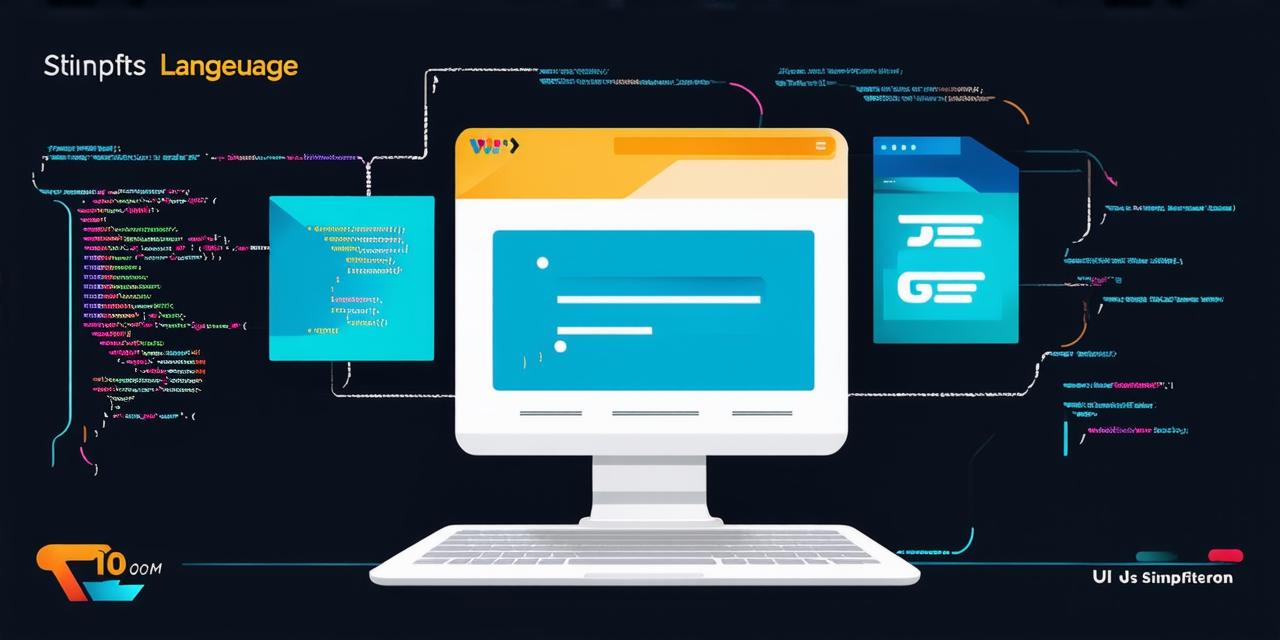Is coding a crucial element of web design?
BlogWeb design has become increasingly complex with the rise of new technologies and trends. In order to stay ahead of the curve, web designers must constantly adapt and evolve their skills to keep up with the latest developments in the industry.
One of the most important aspects of web design is coding, which provides the foundation for any website. It provides the structure and functionality that allows users to interact with the site. Without coding, a website would be nothing more than a static image on a page.
As a web designer, you need to have a basic understanding of coding concepts such as HTML, CSS, and JavaScript. These languages are used to create the layout, design, and functionality of a website.
One of the biggest advantages of having coding skills as a web designer is that it allows you to be more creative in your designs. With coding, you can create dynamic effects, animations, and interactive features that would not be possible without it. For example, a website with coding can have a drop-down menu that expands when clicked, or a carousel that displays multiple images at once.
Another advantage of coding in web design is that it allows you to optimize your website for search engines. SEO (Search Engine Optimization) is the process of improving the visibility of a website in search engine results pages. Coding plays a crucial role in SEO because it determines how well a website is structured and organized.
Despite these advantages, some web designers argue that coding is not necessary for success in the industry. They believe that there are plenty of templates and pre-built themes available that allow them to create professional-looking websites without having to write any code. While this is true, there are several reasons why coding is still a crucial element of web design.
First, customization is key in web design. Templates and themes can only take you so far, but if you want to truly stand out from the crowd, you need to be able to make customizations to your site. This could include changing the layout, adding unique features, or modifying the code to work with a specific plugin or tool. Without coding skills, these types of customizations are not possible.
Second, coding allows web designers to have more control over their website’s performance. When you write your own code, you can optimize your site for speed, security, and stability. This is especially important in today’s fast-paced digital world where users expect websites to load quickly and work seamlessly. With coding skills, you can ensure that your site meets these expectations and provides a positive user experience.
Finally, coding allows web designers to stay ahead of the curve. As technology continues to evolve, new coding languages and frameworks are constantly being developed. Without coding skills, it can be difficult to keep up with these changes and adapt your website accordingly. By learning to code, you can stay up-to-date with the latest trends and technologies in web design and ensure that your site remains relevant and cutting-edge.
In conclusion, coding is a crucial element of web design. While there are templates and themes available that can help you create a professional-looking website without having to write any code, customization, performance, and staying ahead of the curve are all important factors that make coding essential for success in the industry. As a web designer, it is important to invest time and effort into learning to code and incorporating it into your designs. With coding skills, you can create beautiful, functional, and high-performing websites that will stand out from the competition and provide an exceptional user experience.
